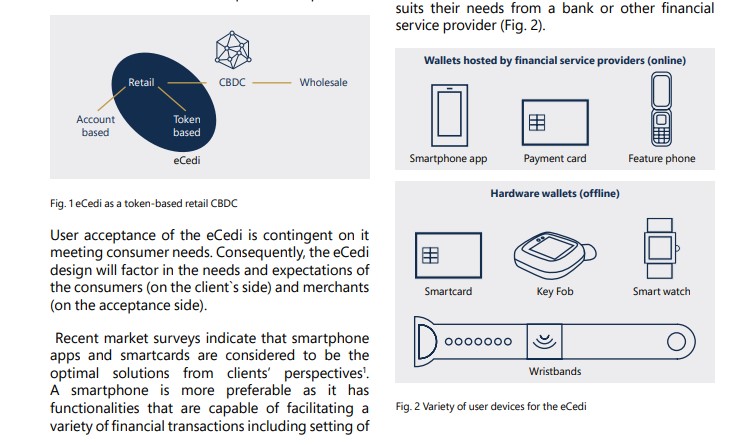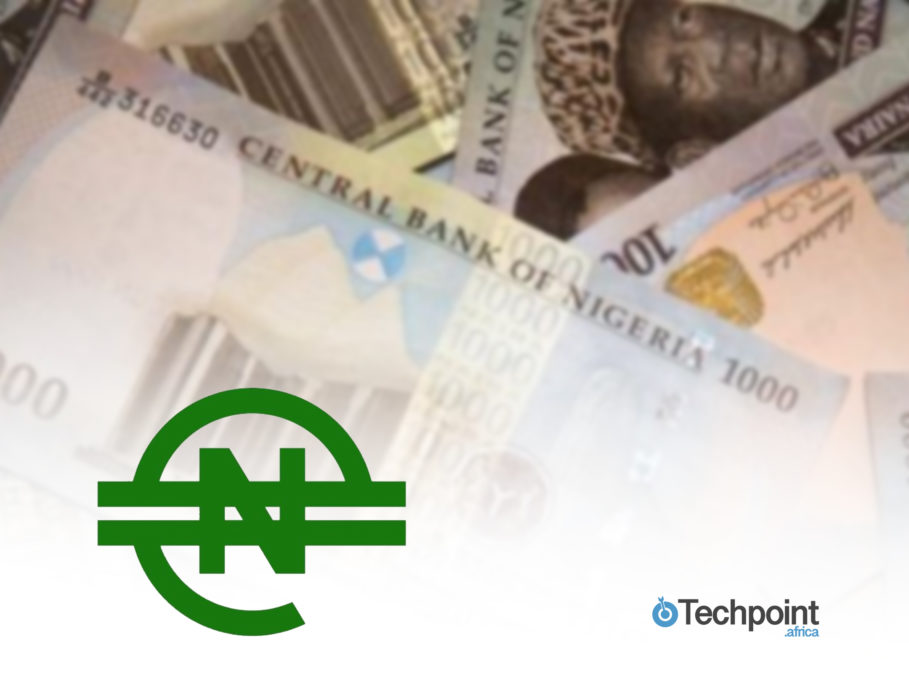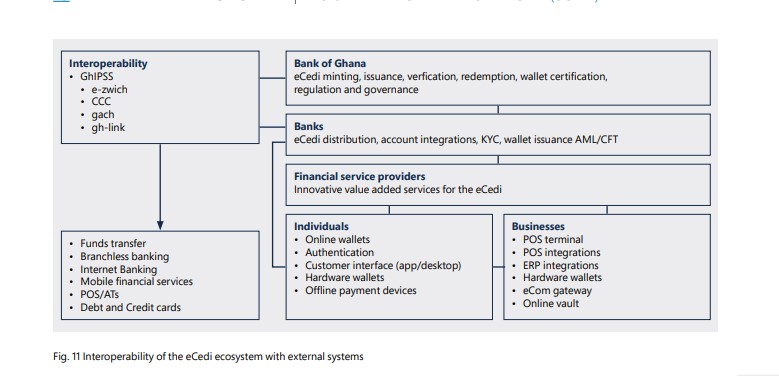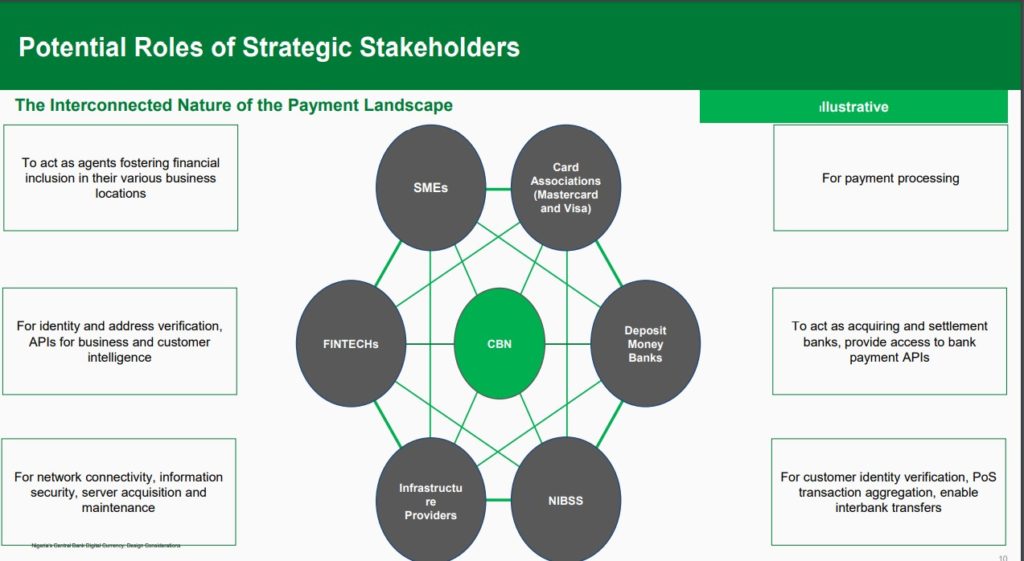Since the rise of blockchain-powered money, known as cryptocurrencies, many governments worldwide have sought ways to be a part of the decentralised financial system. One of the ways they’re doing this is by issuing central bank digital currencies (CBDCs).
A survey by the Bank of International Settlements in 2021 showed that nine out of ten central banks are researching CBDCs and their implementation. This comes as no surprise as economic advancements and technological growth have constantly necessitated the need for the evolution of money throughout history.
While Africa might have been left out in the historical accounts that track the evolution of money, central banks on the continent are taking front-row seats in developing and issuing CBDCs.
According to the Central Bank Digital Currency Tracker, 17 African countries have had something to do with CBDCs, including launching, researching, developing, pilot launching, and even cancelling.
Of these African countries, only Ghana, Nigeria, and South Africa have made the most significant progress. Ghana and Nigeria, however, are working on retail CBDCs that the public can use, while South Africa’s CBDC is wholesale, which means it is only available for financial institutions.
This article compares the eNaira and the eCedi, revealing how much progress has been made and which has the most potential.
Ghana’s eCedi
Though the Bank of Ghana (BoG) revealed in 2019 that it was researching CBDCs, it only recently announced the pilot of its eCedi this month. It will be tested in Sefwi Asafo, a remote Ghanian village with very little digital connectivity, and will involve the use of contactless smartcards and a digital wallet application. The card and application will facilitate the payment for goods and services with the retail CBDC.
According to Ernest Addison, Governor of the BoG, the choice of Sefwi Asafo was intentional because one of the main objectives of the eCedi is to foster financial inclusion.
With a contactless smartcard, the BoG can enable offline digital transactions. Some villagers already use digital currency to pay for goods and services, and as adoption increases, the BoG will collect more user data and iterate the eCedi as necessary.
How does the eCedi work?

According to its design paper, the eCedi will have the same value as the Cedi; this means one eCedi is equal to one Cedi bank note. This is because the eCedi is a token-based CBDC representing the Cedi on the blockchain.
Being a token-based digital currency, it will be held in wallets, which financial institutions will manage alongside a smartphone application to access them.
Interestingly, there will be other ways to use the eCedi besides the application, including a contactless smartcard and wearables like smartwatches and wristbands.
The use of offline digital transaction models apart from the smartphone wallet is to drive adoption in areas with a limited Internet connection. According to the design paper, the offline smartcard mimics cash, making adoption less complex and more straightforward.
Nigeria’s eNaira

Nigeria became the first African country to launch a CBDC when its eNaira was unveiled on Monday, October 25, 2021. Like Ghana’s eCedi, the eNaira is also a retail CBDC available to the public as a means of exchange.
Unlike Ghana, however, it was revealed that the eNaira would run on a permissioned blockchain known as the Hyperledger Fabric. This means that eNaira will be controlled by the issuer — the CBN.
While the chosen blockchain gives the CBN sole control of the digital currency, unlike public blockchains like Bitcoin, which are controlled by a network of computers, it still requires the services of Bitt Inc, a fintech company in Barbados.
Bitt Inc will provide the CBN with the technical know-how on deploying, minting, and destroying digital currencies.
Like most CBDCs, the eNaira was issued to tackle financial inclusion, reduce the need for cash, and foster easy cross-border payments. The digital currency was launched with its mobile application, the Speed Wallet.
Comparing numbers, technology pros and cons
The eNaira is doing better than the eCedi numbers-wise, but this is an unfair comparison considering the eNaira has gained country-wide adoption in the seven months since its launch while the eCedi has been in testing in a remote village for less than a month,
According to the PwC’s CBDC Global Index 2022, Nigeria leads retail CBDCs worldwide. It revealed that the Speed Wallet has 666k wallets created and 700k downloads, with 35,000 transactions carried out so far.
While PwC’s index ranks the eNaira as the top retail CBDC, there are indicators that most Nigerians have not had a reason to use it. According to Punch, visits to businesses in Nigeria’s capital Abuja revealed that customers and business owners had no idea how the digital currency worked.
Points of contact
Until its recent upgrade in May 2022, the eNaira could only be used via a mobile application, thus excluding feature phone users and people in areas without Internet connectivity.
Statista states that only 37.3% of Nigerians accessed the Internet via a mobile device in 2022.
The upcoming upgrade promises to add a USSD feature to the digital currency to encourage feature phone users to use it.
The eCedi, on the other hand, has created contactless smartcards capable of making digital payments offline. This resemblance with cash-based transactions could encourage greater adoption as it is close to what already exists.
Cross border capabilities
While both digital currencies have cross-border payment features, only the eCedi has a clear framework of how it plans to foster this.
According to the design paper, “the eCedi considers CBDC standards making it possible for Ghana to participate in international projects on cross border CBDCs.”
CBDCs can link multiple CBDCs through a common interface when they share the same technical standards.
Interoperability

Both digital currencies have made the project interoperable with existing financial systems. They have adopted a similar model that allows financial institutions to distribute digital currency, which means they handle KYC protocols and act as wallet custodians.

This is similar to how Binance or Quidax acts as an interface between cryptocurrency users and the blockchain. Interoperability ensures the relevance of financial institutions in the new monetary dispensation.
Usefulness
Contactless payments and wallet applications are already available with fiat currencies, making financial inclusion — one of the main objectives of CBDCs — possible with the current financial system. So, why do we need CBDCs?
There are arguments that CBDCs could make the availability of money cheaper. This means less money will be spent printing cash as CBDCs are only available digitally.
In the case of the eNaira, the CBN revealed that sending relief funds to citizens during a pandemic, COVID-19, for instance, would be easier. Although financial institutions are responsible for the distribution, the CBN would have direct access to wallets without going through these institutions.
Conclusion
Financial inclusion is one of the primary objectives of CBDCs in Africa, and the eCedi has made significant provisions to ensure faster adoption of the digital currency, especially in low connectivity areas, giving it an upper hand against the eNaira.
However, there isn’t significant data to prove the success of the eCedi’s offline payment technology. Making data publicly available for a comprehensive analysis of CBDCs should also be a consideration by African apex banks, as this helps experts proffer solutions to problems with the new technology.
CBDCs are new forms of financial technology, and central banks must invest heavily in research and development to find the best ways to deploy them.










